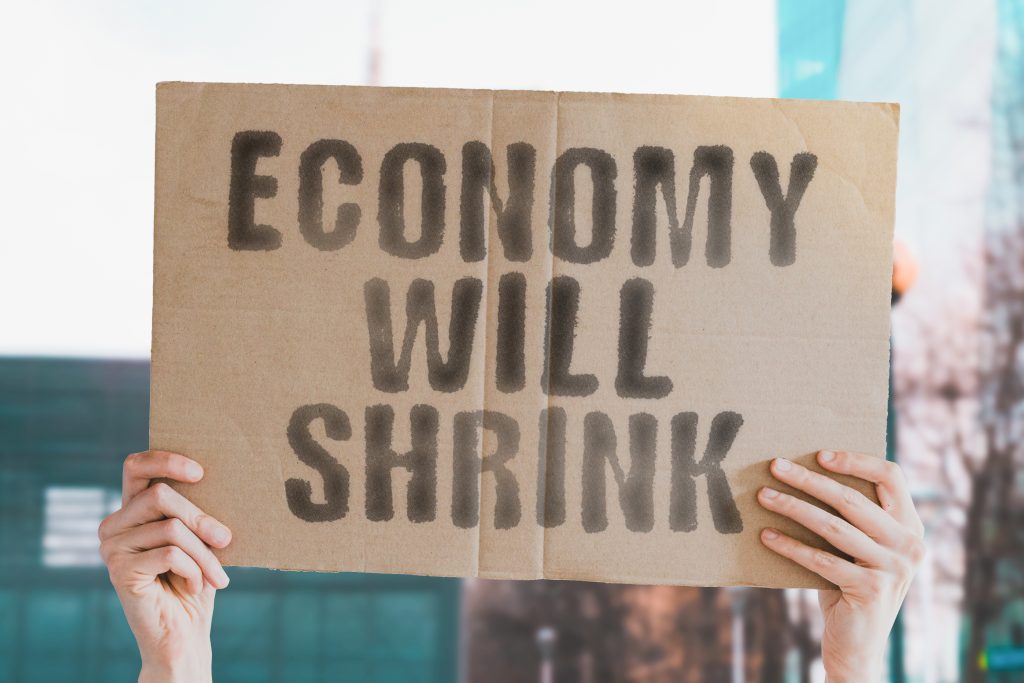The New York Times recapped Jerry Powell’s testimony to the Senate Banking Committee on June 22, and while there is still a breath of optimism, credit card issuers need to think twice about the risk associated with unemployment, rising prices, stressed budgets, and everything that goes with a recession.
The bigger question here might be, “How long will the recession be?” rather than, “Can we avoid it?” Economies go through cycles, and it looks like the time may be up for the boom years. Let’s hope the recession will be on the low side of the 15-month average since 1900.
There is no doubt that Jerry is in the hot seat as inflation spirals. Adding another seventy-five basis points to the Fed Funds rate might be the medicine the economy needs, but it also means that household budgets will be at a tipping point. As the Times notes from Mr. Powell’s meeting:
Achieving that goal “has been made significantly more challenging by the events of the past few months,” Mr. Powell said, citing supply disruptions coming from shutdowns in China and the war in Ukraine that have pushed prices even higher.
“I’m trying to lower demand growth — we don’t know that demand has to actually go down, which would be a recession,” Mr. Powell said. He later added that “this is very high inflation, and it’s hurting everybody, and we need to do our job and get inflation back on a path down to 2 percent.”
These are big deal issues.
The Fed, which is independent of politics, is the country’s main answer to quickly climbing prices. Its policies may be painful, but it is isolated from election cycles so that central bankers can make tough short-term decisions to put the economy on a more stable long-term track.
But the central bank’s policies are not perfectly suited to this moment. Its rates work to slow demand, but many of the factors pushing inflation higher today are linked to supply, China’s attempts to contain the coronavirus have slowed factory production, gas and food costs jumped after Russia invaded Ukraine, and lingering shipping issues that started amid the pandemic have kept some parts and goods out of stock.
But no one likes surprises, except around birthdays.
“Inflation has obviously surprised to the upside over the past year, and further surprises could be in store,” Mr. Powell said Wednesday.
Mr. Powell acknowledged that rate moves would not bring down food or fuel prices, but that they affect the economy by making it more costly to spend with borrowed money, pushing down stock and other asset prices, and through global currency adjustments.
So, credit policy managers, do not go with the “possibility” angle. Think “probability” and start hedging against the risk. Loan portfolios will continue to swell in third and fourth quarter. It will not be an indication that your rewards and marketing programs are working. Rather, it shows that household budgets are under stress. Then a few months later, brace for the delinquency story.
Jerry Powell is correct in saying that rising rates will help slow down consumer demand.
The reality is that it will also diminish the small cushions that credit card members put into their savings accounts, and bring forth a weakened economy for the coming months.
Overview by Brian Riley, Director, Credit Advisory Service at Mercator Advisory Group
